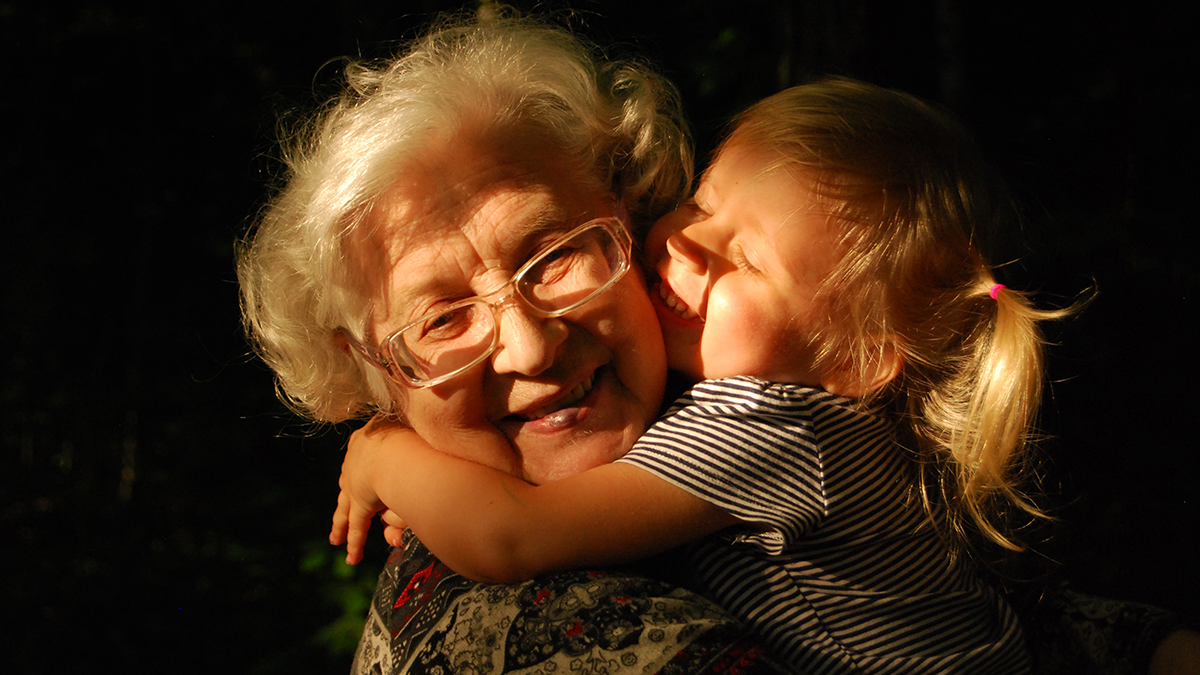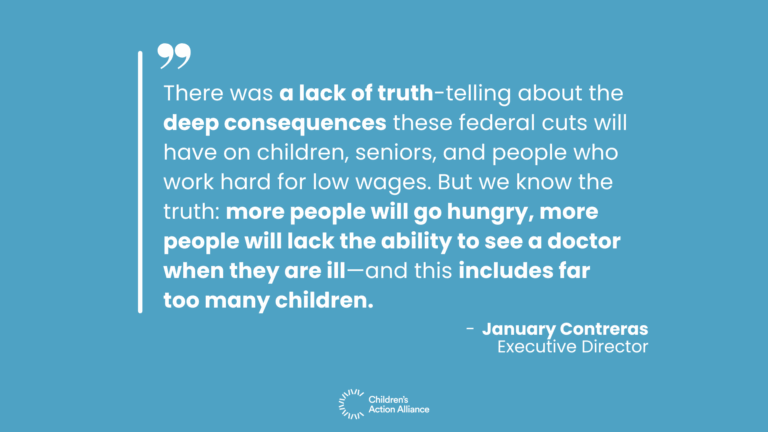
It’s time for Arizona to step up for kin, during the pandemic and beyond
Kinship families are the backbone of Arizona’s child welfare system and kinship families are struggling. These two statements have never been truer than they are today in the midst of the COVID-19 crisis. Each year in Arizona, thousands of relatives provide loving homes for children in foster care, and many, many more step-in to care for children informally and prevent their entry into foster care. In Arizona, there are over 200,000 children living in kinship families—families in which grandparents, other relatives, or close family friends are raising children with no parents in the home. Over 7,000 of these children are in “formal” kinship families, meaning they are in foster care and have been placed with their relatives by the Department of Children Safety and over 130,000 children are in “informal” kinship families, meaning they are not involved in the foster care system. Kinship caregivers tend to be older, are disproportionately Black or Native American, and are also more likely to be impacted by the pandemic and die as a result.
COVID-19 is both exacerbating the challenges of existing kinship families and creating new kinship families. During state fiscal year 2020, the percentage of foster children placed with kin in Arizona jumped from 45% to 51%. Nationally, the pre-pandemic rate of kinship foster care was 32%. While data is not currently available, there is good reason to suspect that the rate of informal kinship care is also increasing due to the health crisis. These families, for whom there is little to no public financial support available, were already struggling to make ends meet before COVID-19. The pandemic has heightened their vulnerability.
Survey results included in Facing a Pandemic: Grandfamilies Living Together During COVID 19 and Thriving Beyond, a recent report from Generations United on the state of kinship families, found:
- 38 percent are unable to pay or worried about paying mortgage or rent
- 43 percent fear leaving their home for food
- 32 percent arrive at food pick-up sites after they have run out of food
- 30 percent have no caregiving plan for the children if the caregivers die
CAA is partnering with Arizona Grandparent Ambassadors and Kinship Caregivers to increase supports available to kinship families during the pandemic and beyond. This upcoming legislative session we will ask Arizona lawmakers to increase the Kinship Stipend provided to relatives caring for foster children and to make “child-only” TANF benefits available to informal kinship families. Kin step up everyday to care for Arizona’s children and it is time for Arizona to step up for kin.



